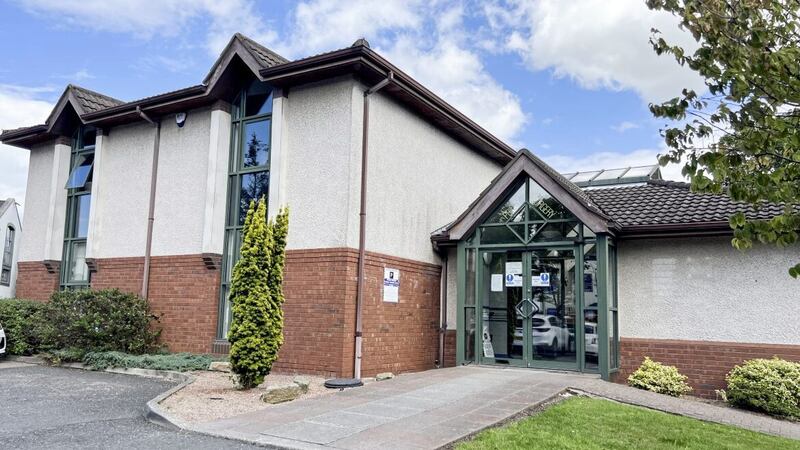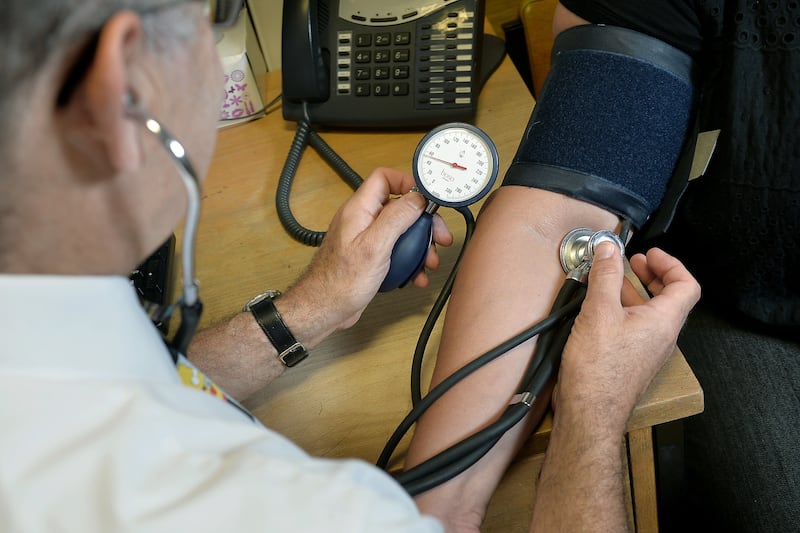SEVERAL GP practices in Belfast have attempted to close their lists to new patients in the last year as surgeries struggle to cope amid an ongoing crisis in the health service.
New figures obtained by The Irish News show that eight practices in the city have applied to close their lists in the last 12 months.
Of the eight, six applications were refused. Two practices were allowed to close their lists for two months.
GP practices across Northern Ireland are under serious strain, with fewer practices forced to take on more patients.
Fewer GPs, an ageing population and a rise in the number of people in the north are some of the factors behind the crisis, with sources warning that the general practice system is at breaking point.
Grove Medical Practice, at Grove Wellbeing Centre on York Road in north Belfast, is expected to hand back its contract to health chiefs later this year.
GP partners at Priory Surgery in Holywood, which incorporates Springhill Surgery in Bangor, will hand back their contract to health bosses early next year.
It is understood that several more practices across the north are planning to hand back their contracts.
Dr Tom Black, chair of the British Medical Association (BMA) in Northern Ireland, has previously warned that up to 22 GP practices in the north are at risk of closure due to increased demand and loss of doctors.
West Belfast Dr Michael McKenna, whose surgery is based off the Falls Road, said GPs are under severe pressure.
Dr McKenna is secretary of the eastern local medical committee which covers Belfast, North Down, Ards and Lisburn.
"Practices are stretched more than they have ever been," he said.
"They are struggling to get locum cover. GPs are struggling to get holidays. The number of locums is not increasing.
"And the locums who are there are choosing not to have a full-time role in general practice any more."
Practices can choose to formally apply to the department to close their lists or they can simply decline to register any new patients and inform the department they are doing this.
Adopting the formal route means that it is much more difficult for health boards to push for new patients to be added to a surgery's list.
Dr McKenna said the role of a GP is not as attractive as it once was.
"We need to incentivise those going in and retain those practitioners who want to leave," he said.
The number of GP partners has dropped by 139 since 2014. However, the north's population is ageing, meaning many people need more care.
The population has also risen by around 70,000 - the equivalent of 11 new average-size GP practices according to the Northern Ireland Medical & Dental Training Agency.
Around 30 per cent of the north's 1,127 GPs are over 55, with many set to retire in the next few years.
The number of new GPs being trained is also not keeping pace with demand.
A spokeswoman for the department said: "An approved list closure application is closely monitored with the department actively engaging with the GP practice to ensure that during the list closure period, the practice works towards remedying all causes of the initial application."
She said the department recognises the need to retain experienced GPs.
"A GP Retention Scheme is in place to assist in the retention of GPs who may be considering leaving or reducing their sessional commitment to general practice," she said.
"In addition, the GP Induction and Refresher Scheme provides an opportunity for GPs who meet the required criteria to safely return to general practice following a career break or time spent working abroad. It also supports the safe introduction of overseas GPs and provides support to GPs returning to or entering clinical practice in Northern Ireland."
She said the demand for primary care cannot simply be met by increasing the number of GPs.
"Other elements include the wider roll-out of primary care Multi-disciplinary Teams as well as the introduction of Advanced Nurse Practitioners and additional General Practice Nurses, all of which are making a difference to how services are delivered in primary care and contributing to improved patient outcomes," she said.
Last month, a rural Co Tyrone GP practice with more than 5,500 patients was taken over by the Western Trust.
Dromore and Trillick Practice was taken over after it struggled to find a replacement for an outgoing doctor.
The Irish News revealed that GPs are being offered a rate of £1,000 per day if they can provide cover for the practice for two daily sessions up to the end of this month.








